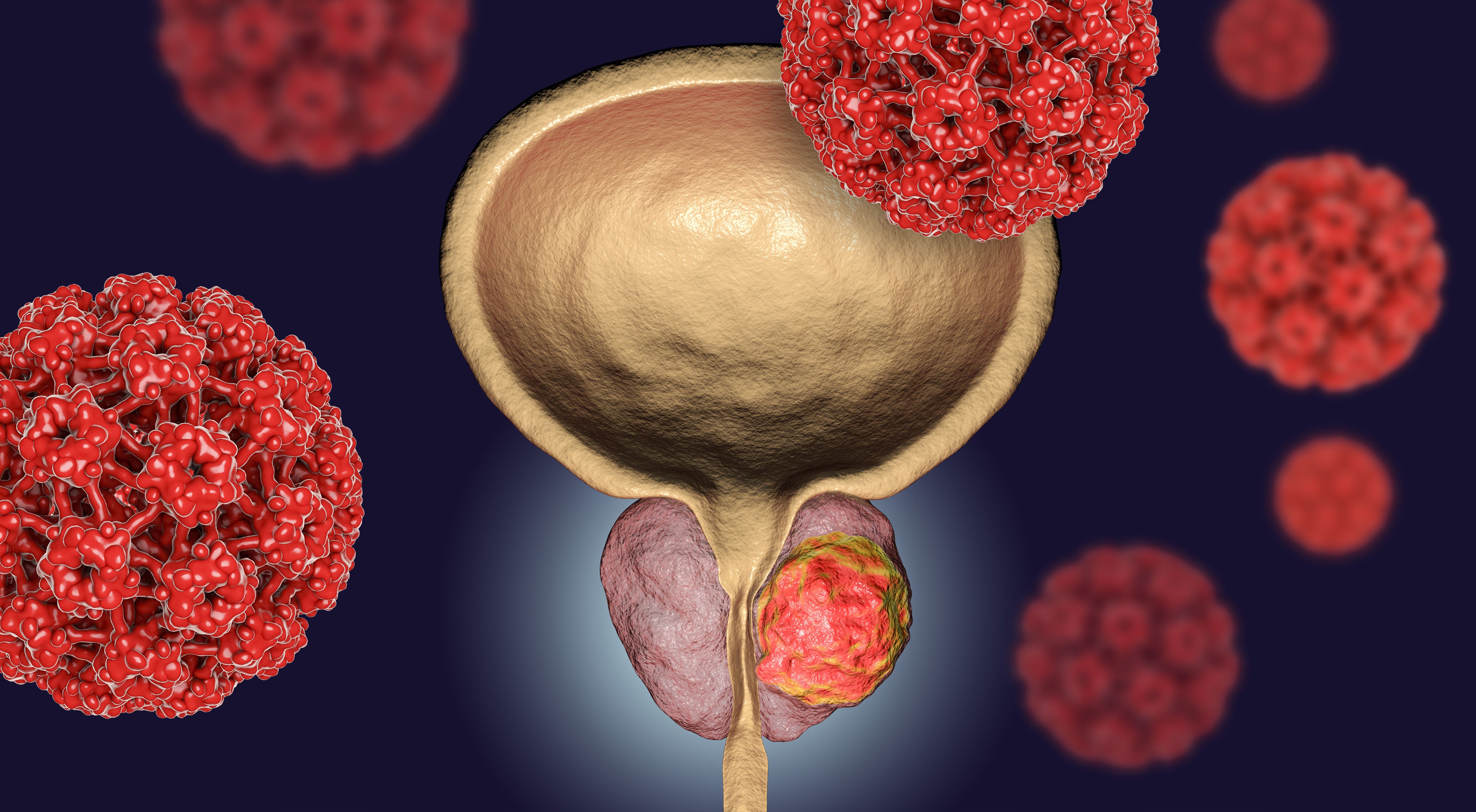
Prostate Cancer
Latest News
Latest Videos
More News

Oncologic therapies approved in June included indications in genitourinary, lung, hematologic, and head and neck cancers.
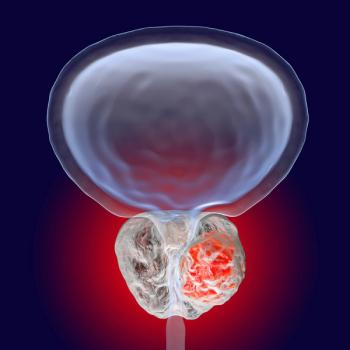
Patients with metastatic CRPC who maintained PSMA expression had a median OS of 14.5 months with 177Lu-PSMA-617 retreatment.

Illuccix, a preparation kit for injectable Ga-68, has been approved to select patients for radioligand therapy before taxane chemotherapy.
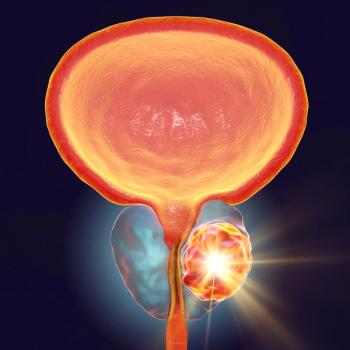
The FDA approved darolutamide monotherapy for use in metastatic hormone-sensitive prostate cancer following ARANOTE findings.

The combination of niraparib with abiraterone acetate and prednisone (AAP) boosted rPFS vs AAP plus placebo in HRR-mutated mCSPC.

The FDA's ODAC voted unanimously against the risk-benefit profile of talazoparib and enzalutamide for the treatment of mCRPC lacking HRR mutations.

Use of the 1.5T Elekta Unity MR-Linac was associated with reduced rates of erectile dysfunction at 6, 12, and 18 months in patients with prostate cancer.
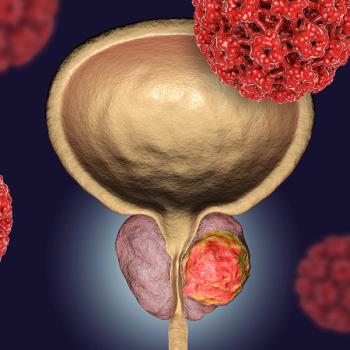
Apalutamide decreased risk of death in mCSPC by 23% and 26% compared with enzalutamide and abiraterone acetate, respectively.

“When discussing treatment options with patients, it is important to consider efficacy, safety, and the impact of treatment on patients’ quality of life [QOL]…,” noted Brenda Martone, RN, APP.

Indications for 177Lu-PSMA-617 now include taxane-based chemotherapy naive adults with PSMA+ mCRPC.

Oncology nurses play a key role in advocating for metastasis-directed therapy in prostate cancer.

TLX007-CDx was approved by the FDA for PSMA-PET scanning in adult male patients with prostate cancer with suspected metastasis or suspected recurrence.

Two denosumab biosimilars have been approved by the FDA for all previously approved uses for the reference drugs in cancers and osteoporosis.
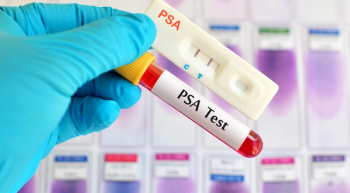
Men with intermediate-risk prostate cancer and high PSA levels before HIFU treatment had a greater risk of both overall recurrence and treatment failure.

Patients with metastatic hormone-sensitive prostate cancer experienced increase rPFS and other efficacy end points with darolutamide plus ADT.

MyCareGorithm was met with high approval from patients, companions, and physicians, with all 3 groups reporting they’d recommend the tool to other patients.

While lower relative dose intensity of docetaxel was associated with higher rates of G-CSF use and more adverse events, discontinuation rates were low across all groups.

Patients with mCRPC taking LuPSMA had a median OS of 34 months vs 26 months with enzalutamide alone.

With delays in biomarker testing and treatment for metastatic castration-resistant prostate cancer, continued education is needed to address these gaps.
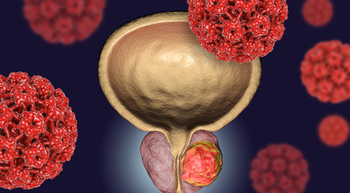
Patients with HRR-deficient metastatic castration-resistant prostate cancer saw a 14-month boost in OS and a 38% lower risk of death with talazoparib plus enzalutamide.

Five-fraction SBRT was noninferior to radiotherapy in a phase 3 trial of patients with low- to intermediate-risk localized prostate cancer.

The pharmaceutical company behind mesylate submitted a new drug application for a ready-to-use 3-month formulation of the drug.

Adding talazoparib to enzalutamide improved survival in patients with metastatic castration-resistant prostate cancer.

The addition of nivolumab to radiotherapy significantly improved freedom from biochemical recurrence in patients with high-grade prostate cancer.

Olaparib after surgery resulted in durable response rates in patients with high-risk biochemically recurrent prostate cancer with BRCA2 alterations.


